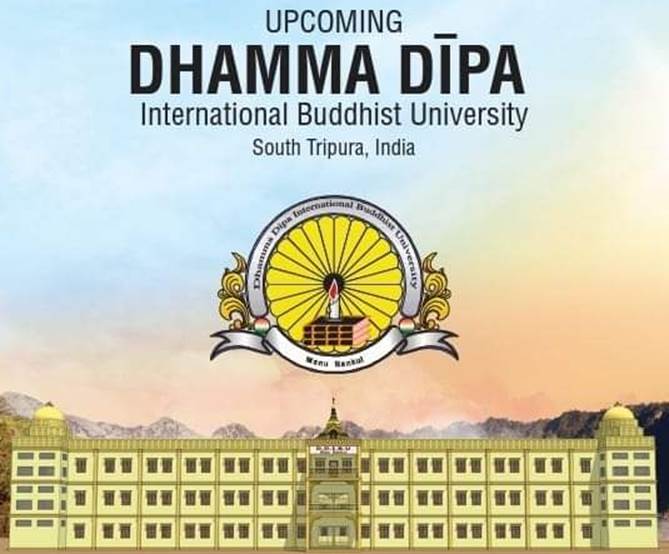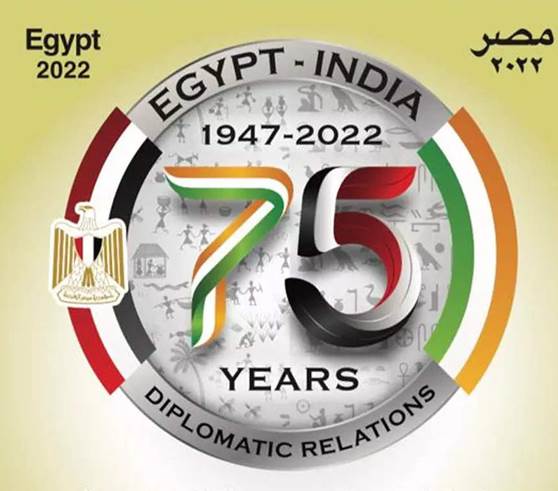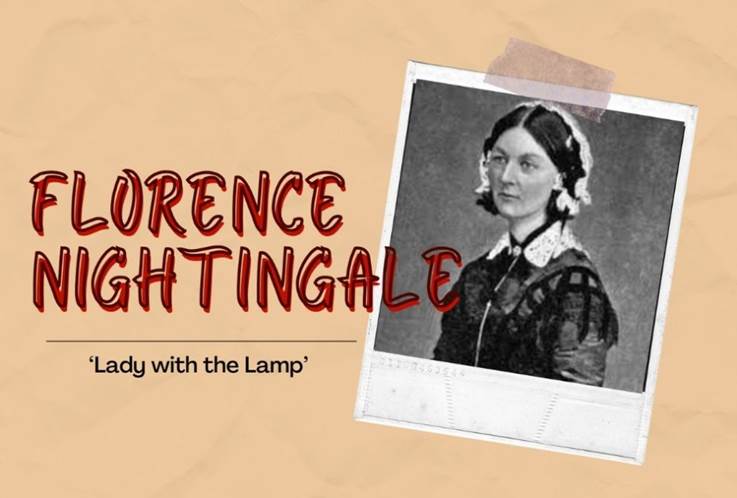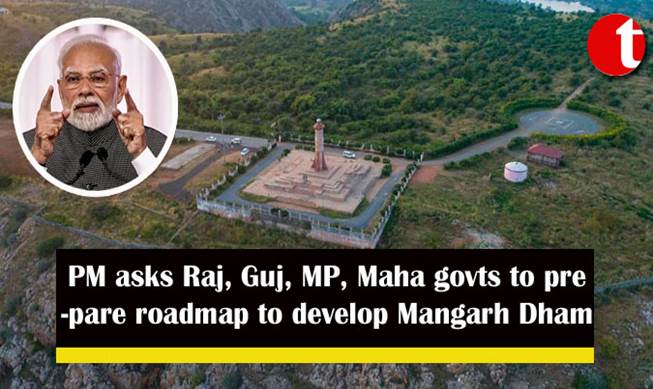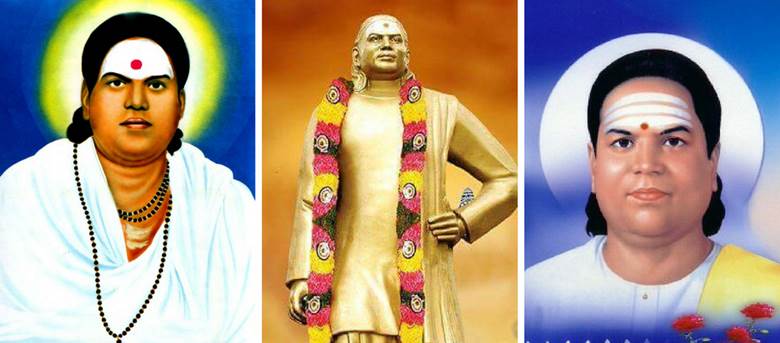Description
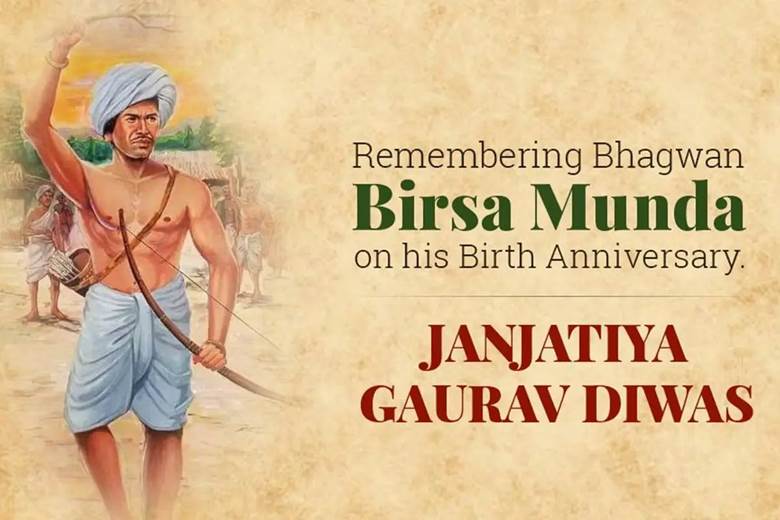
Copyright infringement not intended
In News
- The President of India visited Ulihatu village in Jharkhand – the birthplace of Birsa Munda to pay her respects to Birsa Munda.
- The President will address a Janjatiya Samagam at Shahdol, Madhya Pradesh, being organised by the State Government of Madhya Pradesh, on the occasion of Janjatiya Gaurav Divas (15th November).
Birsa Munda
- He was an Indian tribal freedom fighter, reformer and religious leader. He was nicknamed ‘Dharti Abba’ or Father of the Earth, by his followers.
His contributions
- Religion
- He renounced Christianity and protested against the conversion of Tribals by Christian missionaries.
- He created a new religion called “Birsait”, which worshipped only one god. Birsait soon became the popular religion among the Mundas and Oraons.
- He preached a strong anti-British sentiment through his religion.
- Reformer
- He stressed the need for the tribals to study their religion and not forget their cultural roots.
- He convinced people to give up superstition, alcohol, theft, lying, murder and begging under his new religion.
Munda Rebellion
- Background
- Munda tribals practised the Khuntkatti system (joint holding by tribal lineages). However, the British colonial system intensified the transformation of the tribal agrarian system into a feudal state by introducing the Zamindari-tenancy system.
- Outsiders (Dikus) were invited by the British to settle on and cultivate the tribal land.
- Thus, the various tribes, who were the original owners of the land, were left bereft of land and any means of livelihood.
- 'Ulgulan' or the 'Great Tumult' (1899-1900)
- Birsa Munda infused in tribals the values to love, respect, support and safeguard their land from outsiders.
- He used traditional symbols and language to rouse people, urging them to destroy “Ravana” (dikus and the Europeans) and establish a kingdom under his leadership.
- He mobilised thousands of tribal folk to form guerrilla armies to attack the British Raj.
- He declared that the reign of Queen Victoria was over and the Munda Raj had begun.
- He gave orders to the raiyats (tenant farmers) to pay no rent.
- The people attacked police stations and churches and raided the property of moneylenders and zamindars. They raised the white flag as a symbol of Birsa Raj.
- The attacks were launched not only on the moneylender-landlord-Mahajan-contractor combine but directly against the British.
- The massacre at Dumbri Hill made it a “hill of the dead” when hundreds of tribals lost their lives for the cause of freedom against the modern ammunition of the British.
- The Great Tumult against Britishers sought to establish Munda Raj and independence.
- The slogan of the movement was “Abua Raj ete Jana, Maharani Raj Tundu Jana” which means “Let the kingdom of queen be ended and our kingdom established”.
- Outcome
- The Britishers were forced to abolish the feudal system that plagued the Adivasi lands in Jharkhand and Bihar.
- Birsa compelled the Britishers to introduce new legislation - the Chota Nagpur Tenancy Act, 1908. This Act prohibited the transfer of tribal land to non-tribal parties.
- The government recognized Khuntkatti's rights and banned Beth Begari (forced labour).

https://pib.gov.in/PressReleasePage.aspx?PRID=1875899
https://t.me/+hJqMV1O0se03Njk9






